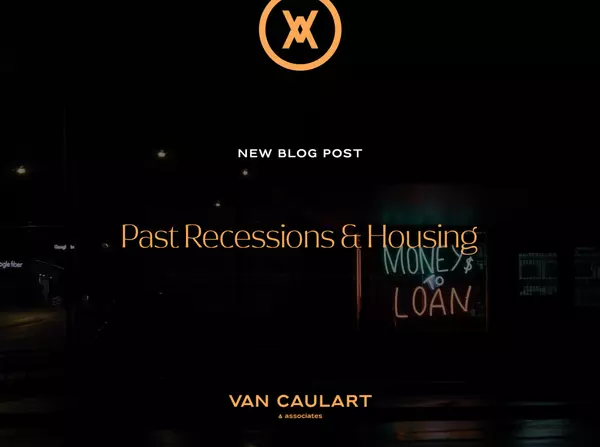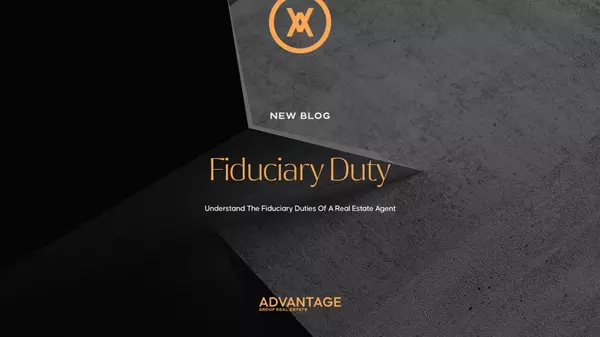
An Expert Makes All The Difference
You want to sell your house, but you don’t know where to start. It’s an overwhelming prospect, but the good news is that real estate professionals are experts, and have the knowledge and skills to not just sell your house, but take care of you the whole way. Here’s five reasons why you’re going to w

Why It Makes Sense To Buy Before Spring
With winter in full swing, thoughts of warmer days ahead have us thinking about getting ready to move when the weather warms up. Spring brings with it a flurry of buying activity, making it one of the busiest seasons in the housing market. If you're ready to buy a house, waiting until the weather is

What Past Recessions Tell Us About the Housing Market
The economy is constantly shifting, and even if you're not one to closely follow its every move, you've likely caught wind of the ominous whispers of an impending recession. The causes of economic turmoil are many and varied. Still, by turning to the wisdom of those who have studied the markets for
Categories
Recent Posts











